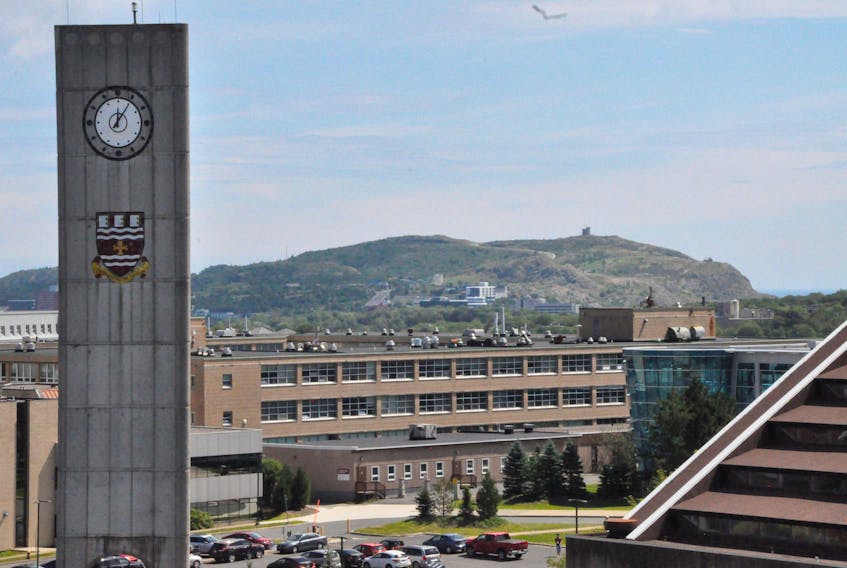Several media outlets recently reported on the exit package for outgoing Memorial University President Gary Kachanoski, which includes two years of fully paid administrative leave.
The million-dollar price tag for this arrangement understandably drew attention against the backdrop of provincial government cuts to Memorial’s operating budget, the consequences of which are increasingly evident in crumbling and leaky buildings; out-dated equipment; a shrinking complement of professors and support staff; and reduced library subscriptions, to name a few.
In the circumstances, we understand why the payout was newsworthy, notwithstanding the fact it was agreed to long ago.
But it shouldn’t distract us from a bigger problem with MUN’s leadership transition: the search for Kachanoski’s replacement is being conducted entirely in secret. The new President will be revealed only after the final decision has been made. This is not the way to select the best possible candidate. The process will deprive the search committee of important resources and information.
Worse, such secrecy violates the core values of openness and shared decision-making that ought to guide our public university.
Along with many others, MUNFA, the union representing Memorial faculty, recommended a process whereby the two or three finalists would share their approach and vision for the university and answer questions from faculty, students, staff, and others in the university community, who could then provide feedback to the search committee.
Among other things, this would have let the search committee see how each finalist engaged with core constituencies and handled difficult questions. Opening up the search in this way would also legitimize the selection process, which would certainly be to the ultimate benefit of any new president.
Sadly, a proposal to open up the process was defeated in the University Senate by the narrowest of margins: a single vote.
Although there is no evidence that secrecy produces a stronger applicant pool, the usual argument for closed searches is that some strong candidates might not put themselves forward in an open process.
Even if true, the perceived cost to prospective candidates must be balanced against the interests of the university and the public it serves.
Memorial’s next president will play a powerful role in setting the university’s direction for as long as a decade. Going by recent history, the new president is also likely to be one of the best-paid public employees in the province.
Such CEO-sized salaries and benefits are symptoms of the corporatization of higher education in Canada. Nothing exemplifies this transformation more than the increasing power of private sector executive search firms in decisions about who runs our universities.
Memorial alone has diverted hundreds of thousands of dollars to these consultants. More insidiously, search firms choreograph the entire process by which new university leaders are chosen, from drafting advertisements, to recruiting candidates and compiling short-lists, to drafting interview questions.
A secret process might benefit the consulting companies, who get to keep their stable of would-be presidents under wraps.
But it’s no benefit to the community of people who study, teach and research in universities, and it’s certainly no benefit to the wider community the university serves.
Memorial can do better.
Ken Snelgrove, Robin Whitaker, Scott Matthews, Josh Lepawsky, Bill Schipper,
MUNFA Communications Committee
RELATED:
- First steps underway in search for next Memorial University president
- LETTER: The Kachanoski reign ending: opportunity for change and renewal at MUN
- LETTER: A way forward for Memorial University









